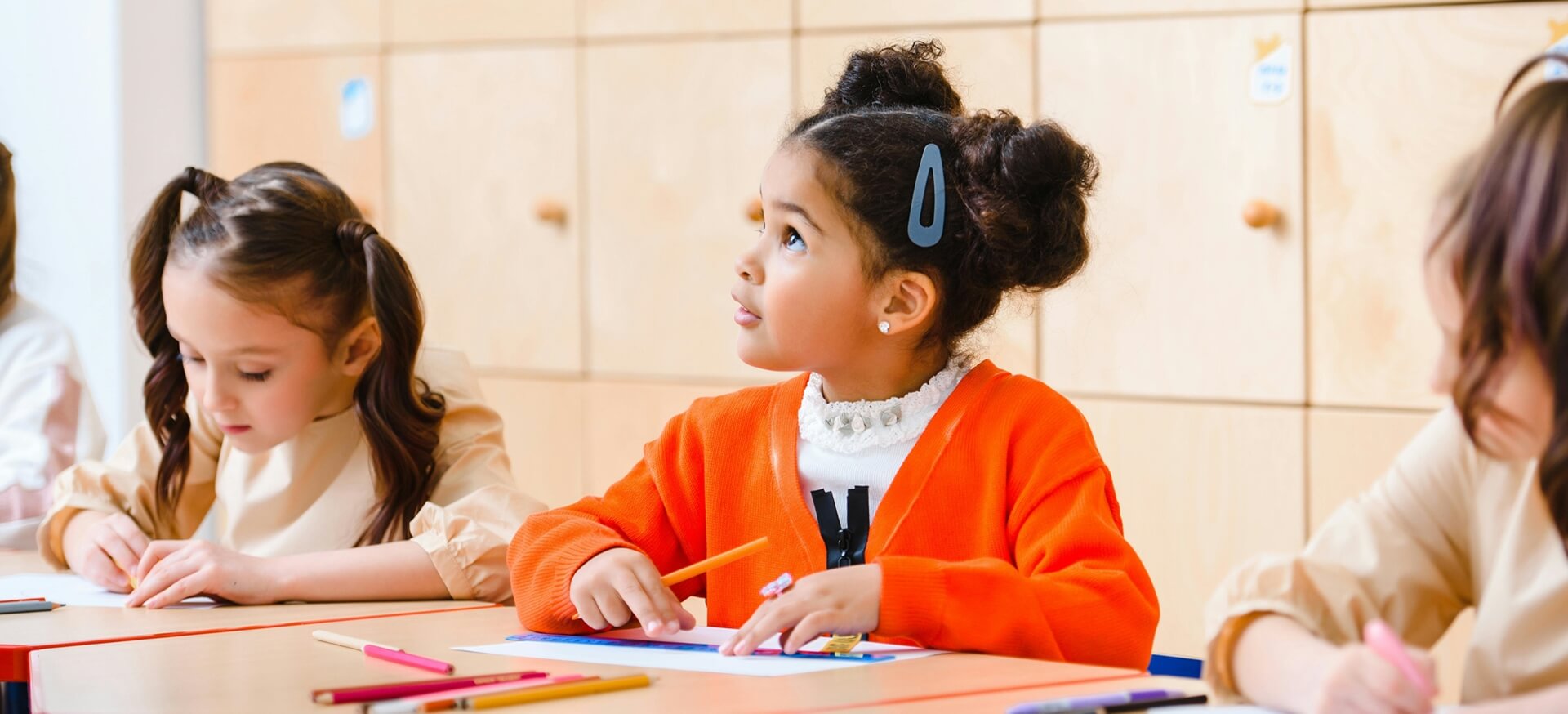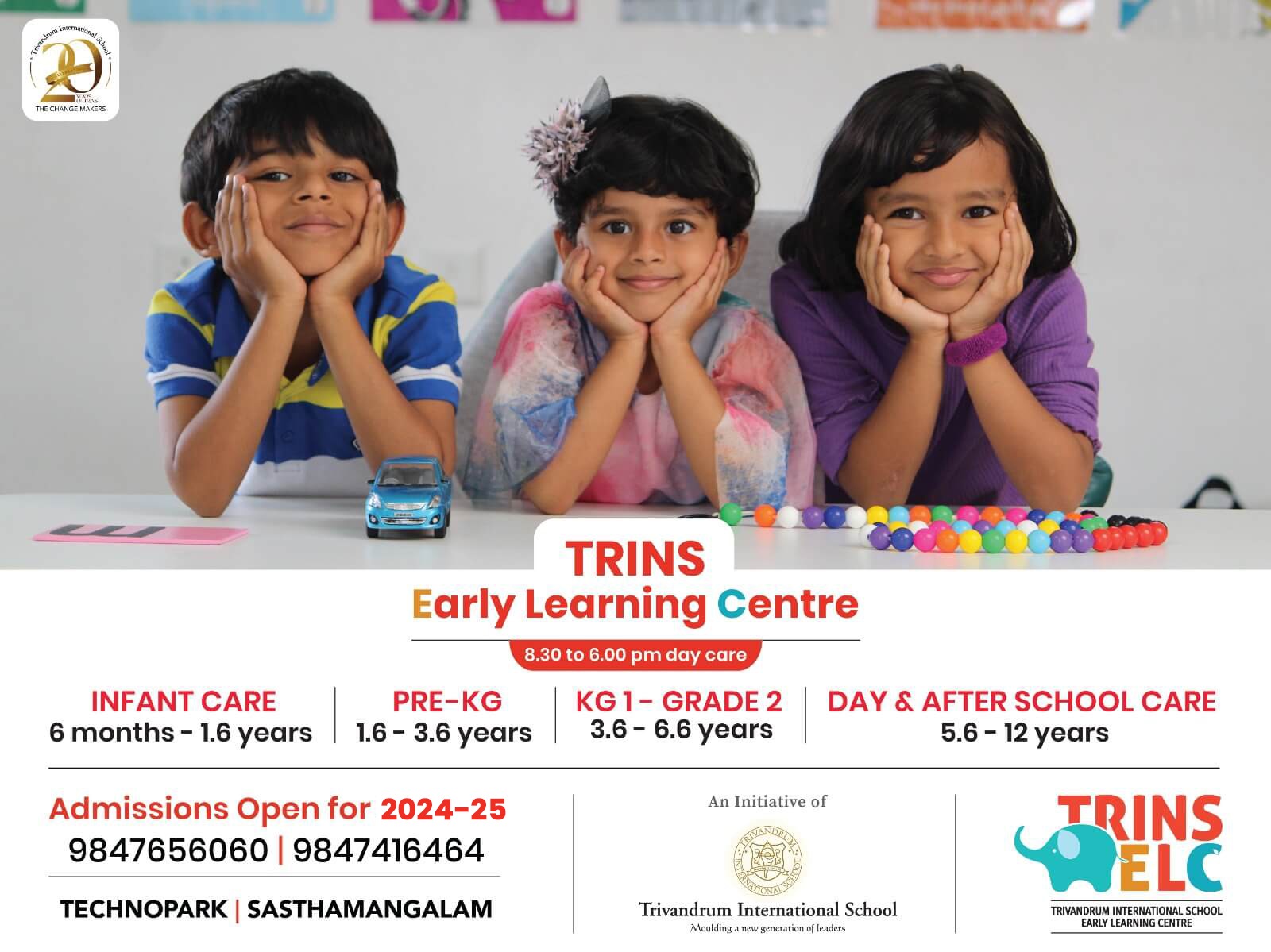


Social Skills for Preschoolers

Preschoolers are at a critical stage of development, where learning social skills becomes a vital part of their overall growth. Social skills not only help children build relationships but also improve their emotional intelligence, communication abilities, and self-confidence. These skills form the foundation of their future interactions, both in academic settings and in daily life. Encouraging the development of social skills during the preschool years can have a long-term positive impact on their personal and professional lives.
Importance of Social Skills in Early Childhood
The early years are a period of rapid brain development. Preschoolers begin to understand the concepts of sharing, empathy, and cooperation. Social skills also play a significant role in emotional regulation, helping children navigate complex emotions like frustration, anger, or sadness. These skills are crucial in helping children adapt to group settings, resolve conflicts, and work collaboratively with their peers.
Moreover, preschoolers with well-developed social skills tend to have fewer behavioral issues and a more positive attitude toward learning. Teachers and parents can play an essential role in guiding children in this developmental phase.
Key Social Skills for Preschoolers
There are several key social skills that are important for preschoolers to develop:
-
Sharing and Taking Turns: Learning to share toys, books, and other resources is one of the first social skills preschoolers encounter. Taking turns helps them understand patience and fairness in a group setting.
-
Empathy: Understanding and recognizing other people's feelings is essential for building strong relationships. Preschoolers who develop empathy can respond more compassionately in social situations.
-
Communication: Effective communication involves both speaking and listening. Preschoolers should learn how to express their thoughts clearly while also paying attention to others' words.
-
Problem-Solving: Learning to resolve conflicts and find solutions to problems helps children navigate difficult social situations. This skill fosters independence and maturity in decision-making.
The Role of Play in Developing Social Skills
Play is an essential medium through which preschoolers learn social skills. Whether it's through structured activities in the classroom or free play with peers, children naturally develop their abilities to interact, cooperate, and communicate.
Types of Play and Social Development
| Type of Play | Social Skills Developed |
|---|---|
| Parallel Play | Observing peers, practicing independent interaction |
| Cooperative Play | Teamwork, sharing, group problem-solving |
| Imaginative Play | Role-playing, understanding social roles and norms |
Through these types of play, preschoolers engage in both individual and group activities, which allow them to practice their social skills in a safe, nurturing environment. For example, while playing house, children can take on different roles, which helps them understand empathy and cooperation.
How Parents and Teachers Can Support Social Skill Development
Parents and teachers have a significant influence on a child’s social skill development. Here are a few strategies to support this learning process:
-
Modeling Behavior: Children often mimic the behavior of adults. By demonstrating positive social interactions, parents and teachers provide a model for preschoolers to follow. Simple actions such as saying “please” and “thank you,” listening actively, and showing empathy can leave a lasting impression on a child’s behavior.
-
Creating Opportunities for Interaction: Structured group activities in the classroom or arranging playdates outside school can encourage social interaction. When children engage with their peers, they get an opportunity to practice sharing, taking turns, and resolving conflicts.
-
Using Storytelling and Books: Stories that revolve around characters and their interactions can be a powerful tool to teach social skills. Children can relate to these stories, discuss the characters' behaviors, and understand the consequences of their actions.
Emotional Intelligence and Social Skills
Social skills are closely tied to emotional intelligence. Preschoolers need to learn not only how to recognize their own emotions but also how to respond to the emotions of others. Emotional intelligence in children is nurtured through social interactions and guided learning. Activities that focus on identifying emotions, such as reading picture books that illustrate facial expressions or discussing how characters feel, can be helpful in this regard.
As preschoolers grow older, their ability to handle more complex emotions and social scenarios improves. The foundation of these skills begins with the simple lessons learned in preschool.
Challenges in Developing Social Skills
Not all children develop social skills at the same pace. Some preschoolers may struggle with shyness, aggression, or difficulty in cooperating with others. In such cases, it’s important for parents and teachers to offer support through positive reinforcement, patience, and consistency.
Children with delayed social development may benefit from extra attention or structured activities designed to improve their interaction skills. Encouraging open communication, praising positive behavior, and gently guiding them through difficult social situations can go a long way in overcoming these challenges.
Developing social skills in preschoolers is an ongoing process that requires the active involvement of parents, teachers, and caregivers. Through consistent practice, positive reinforcement, and ample opportunities for interaction, children can build a strong foundation of social skills that will benefit them throughout their lives. As these skills develop, preschoolers are better prepared to face the challenges of school life and beyond.





